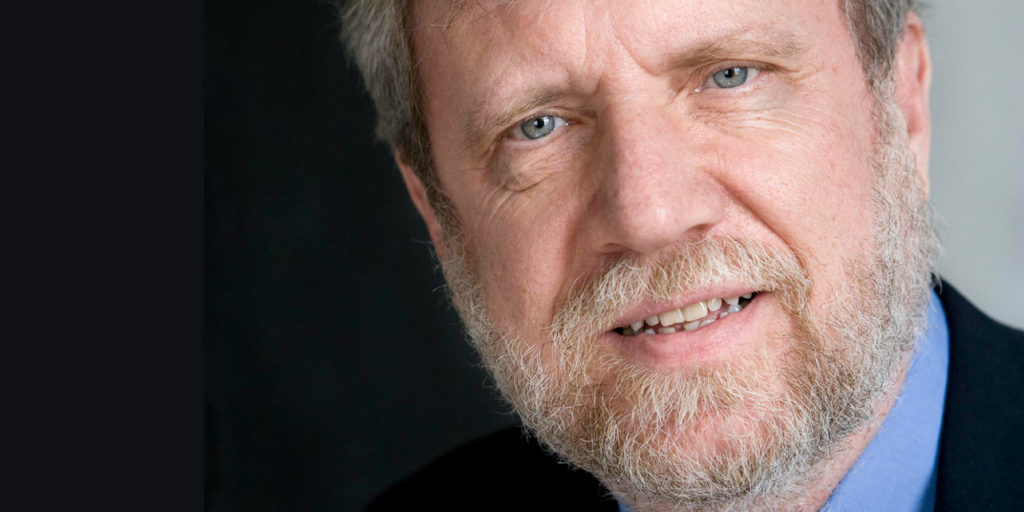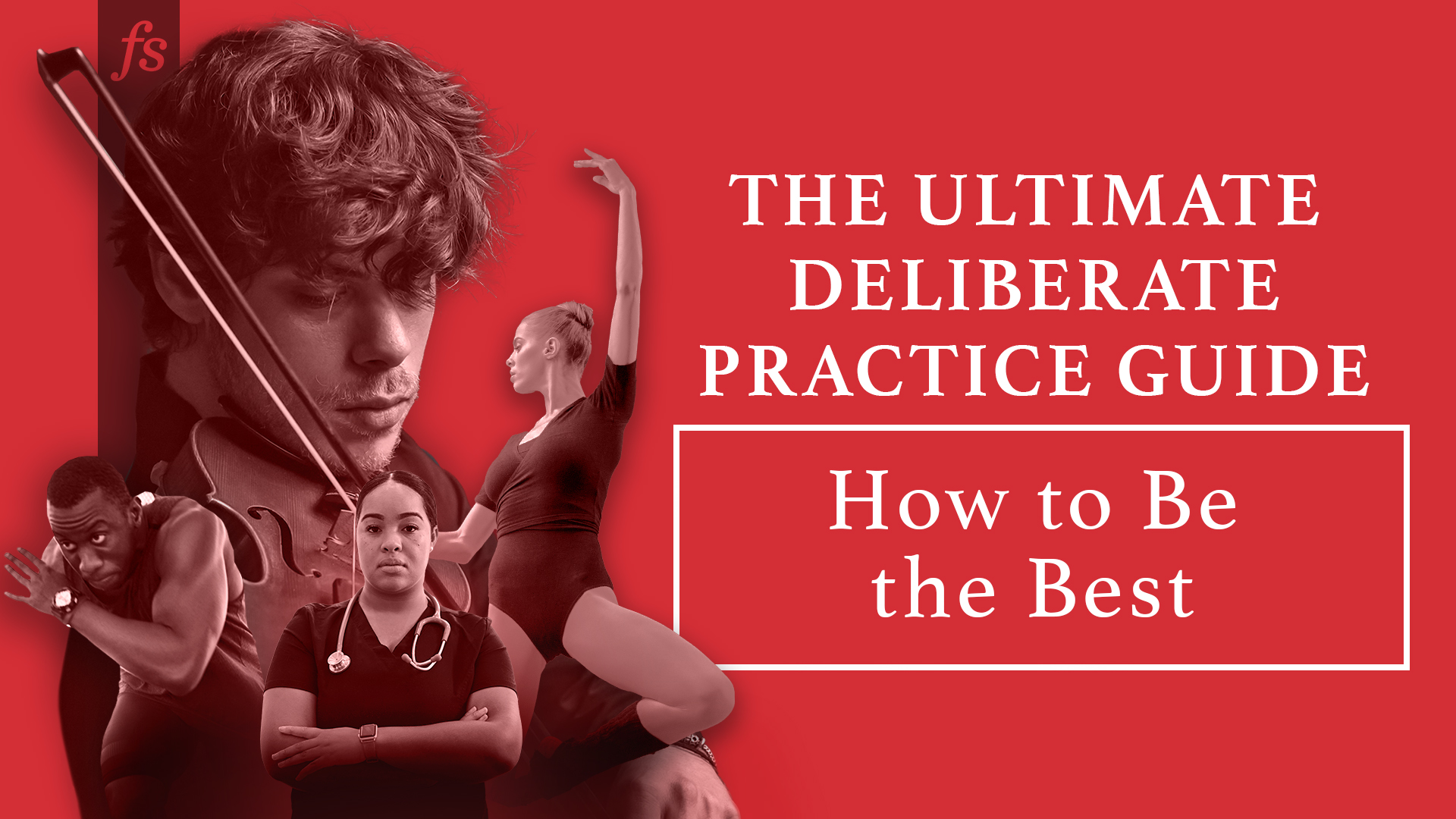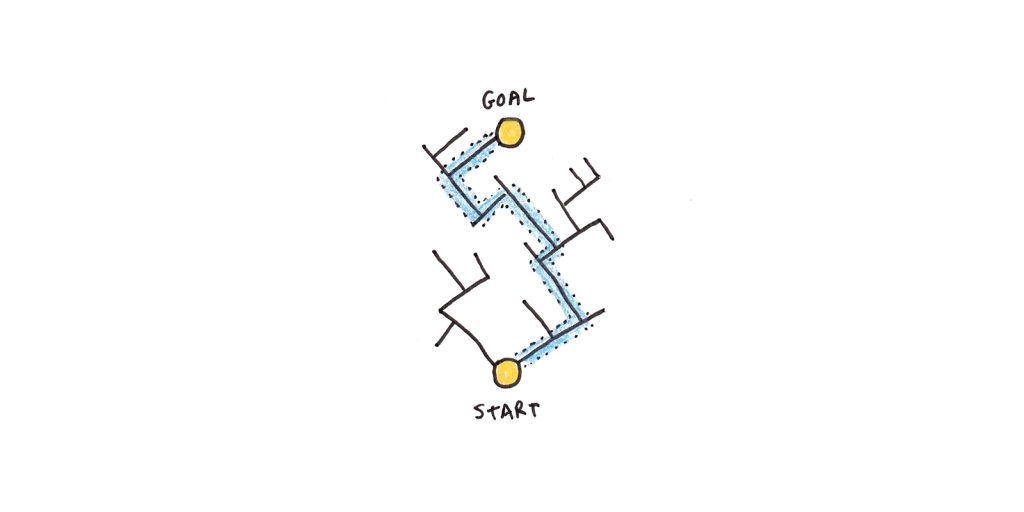- A Book a Week
- Posts
- The Truth About Experts 📘
The Truth About Experts 📘
Learn from 'Peak: Secrets from the New Science of Expertise'
Good morning everyone 👋
This week, we're focusing on "Peak: Secrets from the New Science of Expertise" by Anders Ericsson and Robert Pool. This book explores the process of achieving superior performance in various fields through ‘deliberate practice’.

In “Peak”, the authors dismantle the myth of innate talent and emphasize the role of structured and purposeful practice in reaching the highest levels of skill and expertise. They use compelling research and stories from a variety of experts to illustrate their points.
It encourages a shift from passively performing tasks to actively seeking to improve and overcome challenges. This book might inspire you to set more ambitious goals and persist in your efforts to achieve mastery in your chosen field ⚡️

Principle #1: Deliberate Practice is Key
Deliberate practice involves focused, structured, and intense efforts to improve current skills. This principle asserts that anyone can become an expert with the right kind of effort and perseverance. This is not about mindless repetition, but about targeting weaknesses and pushing beyond one's comfort zone.
Principle #2: The Power of Mental Representations
Mental representations are mental structures that correspond to an object, idea, or collection of information. Ericsson explains that developing complex mental maps of your skills allows for better anticipation, planning, and performance. Enhancing these representations is crucial for advancing in any discipline.
Principle #3: The Role of Coaching
Having a coach or mentor who can provide objective feedback and structured guidance is invaluable. Coaches help you maintain your focus on improving specific aspects of your performance and ensure that your practice remains purposeful and aligned with your ultimate goals.

“The reason that most people don’t possess these extraordinary physical capabilities isn’t because they don’t have the capacity for them, but rather because they’re satisfied to live in the comfortable rut of homeostasis and never do the work that is required to get out of it. They live in the world of “good enough.” The same thing is true for all the mental activities we engage in,”
“This is a fundamental truth about any sort of practice: If you never push yourself beyond your comfort zone, you will never improve.”
“The best way to get past any barrier is to come at it from a different direction, which is one reason it is useful to work with a teacher or coach.”

Evaluate your practice routines: Assess whether they are truly deliberate with clear objectives and feedback.
Develop your mental models: Visualize your processes and outcomes in detail to enhance your performance.
Seek expert feedback: Regularly consult with someone who can provide honest, constructive feedback on your progress.

Anders Ericsson was born in 1947 in Sweden and dedicated his life to understanding how people become experts. He was a distinguished professor of Psychology at Florida State University, where his research focused extensively on the nature of expertise and human performance. Ericsson's groundbreaking work, particularly on deliberate practice, reshaped the understanding of how individuals achieve high levels of expertise in any field.
Ericsson's research provided the scientific backbone for popularized concepts in other works, notably being referenced in Malcolm Gladwell's "Outliers," where the "10,000-hour rule" was introduced—a concept often simplified and publicized beyond Ericsson's original findings.
Not only did Ericsson contribute to academia, but he also profoundly influenced practical applications in educational methodologies and professional training programs, emphasizing the importance of well-structured practice and the potential for individuals to exceed their perceived limits.
His work, especially presented in "Peak," continues to inspire educators, coaches, and individuals around the world, encouraging a move away from the myth of innate talent towards a more empowering and democratic understanding of skill acquisition through effort and structured practice.

We hope you enjoyed learning more about deliberate practice and “Peak”.
As always, if you have any feedback or questions, just hit reply.
A Book a Week Team
If you’re enjoying A Book a Week, spread the word by sharing the sign up link with a colleague or friend. We really appreciate the support 🙏
Partner with A Book a Week and reach 600+ readers & professionals' inboxes.
Contact us to learn more.


